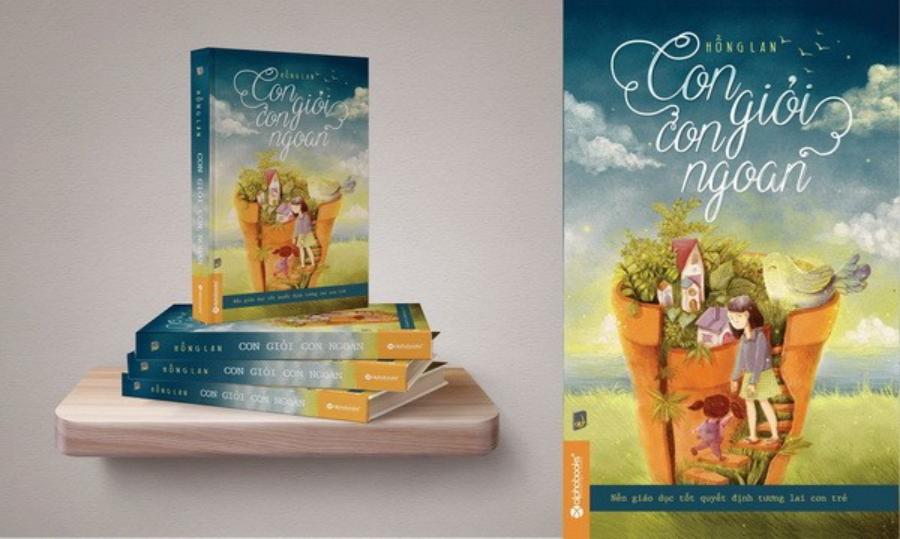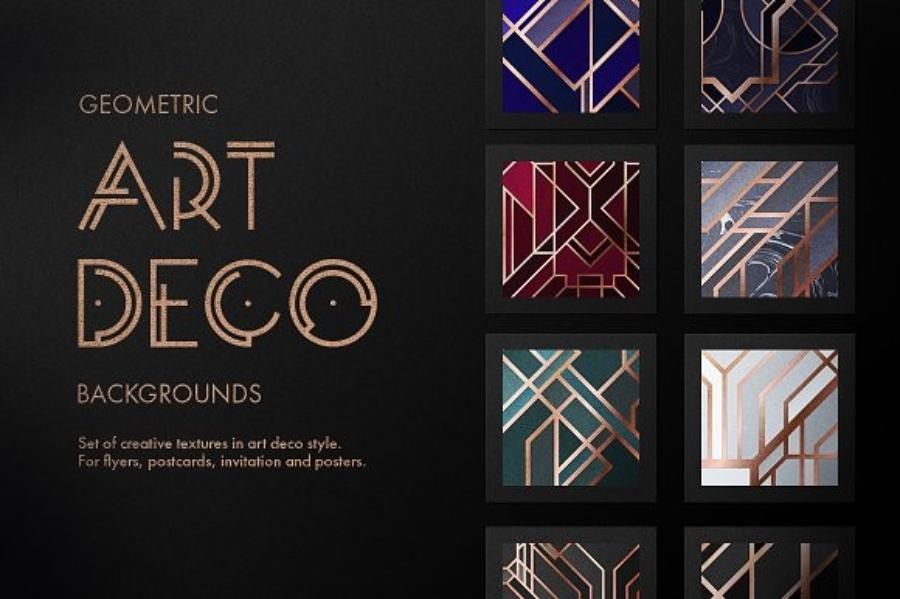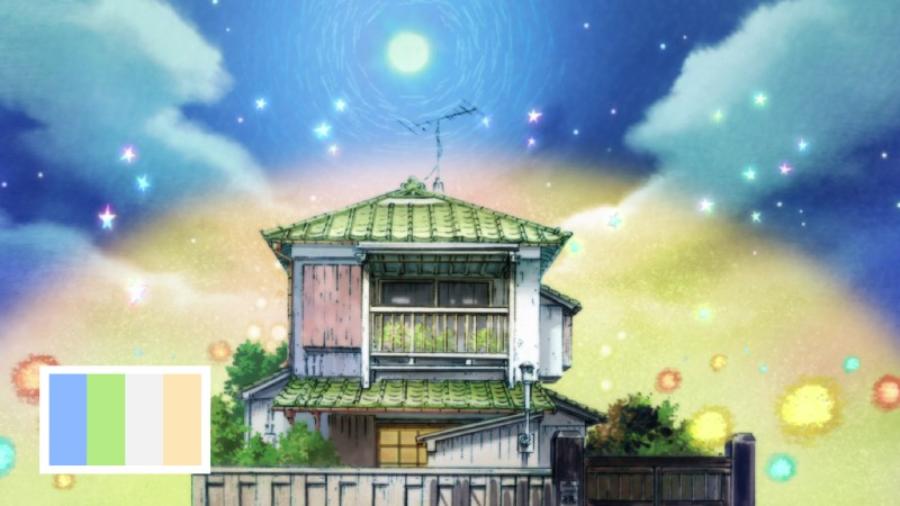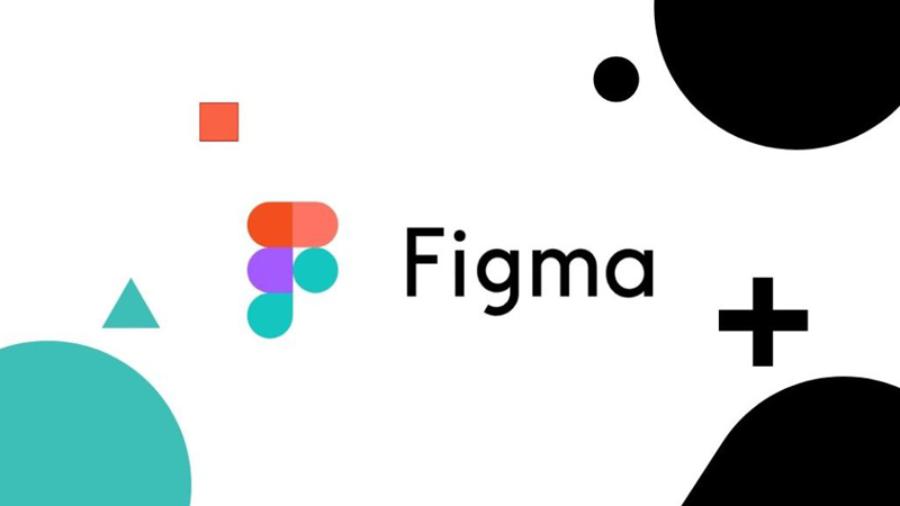Best Selling Products
What is Minimalism? Learn about minimalist design trends
Nội dung
- 1.What is Minimalism? Artistic Simplicity
- 2. Outstanding features of Minimalism in design
- 2.1 Minimal details
- 2.2 Open layout
- 2.3 Simple colors
- 2.4 Use natural materials
- 2.5 Function is the core element
- 3. The basic principles of Minimalism
- 3.1. Simplify everything
- 3.2. Use neutral colors
- 3.3. Take advantage of natural light
- 3.4. Focus on quality over quantity
- 4. Applying Minimalism in various fields
- 4.1. Interior design
- 4.2. Graphic design
- 4.3. Fashion
- 4.4. Lifestyle
- 5. Benefits of minimalist style
- 6. Minimalism design trends
- 6.1. Minimalism in graphic design
- 6.2. Minimalism in interior design
- 6.3. Minimalism in web design
- 6.4. Minimalism in fashion
- 6. 5. In product design
- 7. Why is Minimalism still popular?
- 8. Conclusion
Learn about Minimalism – the minimalist style that is dominating many design fields. Discover the outstanding features and the most popular Minimalism design trends today.

1.What is Minimalism? Artistic Simplicity
Minimalism is a design style that focuses on eliminating unnecessary elements, keeping only what is truly important and valuable. This is not only an aesthetic trend but also a philosophy of life, encouraging people to minimize clutter and focus on the core nature of things.
.jpg)
In design, Minimalism is often expressed through the use of simple lines, open spaces, neutral colors and minimal decorative details. All aim to create an elegant, neat space while still ensuring aesthetics and functionality.
Minimalism is a design philosophy that focuses on eliminating unnecessary elements to achieve the highest level of sophistication and efficiency. This style is not only an aesthetic trend but also reflects a clean approach to life, optimizing space and resources.
2. Outstanding features of Minimalism in design
Emerging in the mid-20th century, Minimalism quickly spread and became a source of inspiration for many fields such as art, architecture, interior design, and graphic design. The characteristics of this style are simplicity in structure, limited color, and focus on the function of each element.
2.1 Minimal details
Minimalism style in design stands out with its characteristic of minimalist details, focusing on eliminating unnecessary elements to emphasize aesthetics and functionality. With the philosophy of "less is more", Minimalism brings harmony, sophistication and neatness to the design space.
.jpg)
Elements such as color, shape, and light are used selectively, creating balance and comfort for users. This is not just a trend but also a modern design mindset, promoting core values and optimal experience.
2.2 Open layout
Empty space is an important element, helping to create balance and highlight key elements in the design. One of the outstanding features of this style is the airy layout, bringing a neat and pleasant feeling to the viewer.
By eliminating unnecessary elements, minimalism aims to optimize space, creating balance and harmony in the overall design. This not only enhances aesthetics but also improves user experience, while emphasizing the most important elements of the product or message the design wants to convey.
2.3 Simple colors
Minimalism favors neutral color palettes such as white, black, gray, and soft pastels. Color is used intentionally to create accents.
2.4 Use natural materials
Minimalist style often combines natural materials such as wood, metal, glass, or fabric to create a sense of closeness and friendliness.
2.5 Function is the core element
Every element in the design has a specific purpose, focusing on user experience and usability.
3. The basic principles of Minimalism
Minimalist style is built on several basic principles as follows:
3.1. Simplify everything
The first principle of Minimalism is "Less is more". This means keeping only the truly important elements, eliminating unnecessary details to create a harmonious and sophisticated space.
.jpg)
3.2. Use neutral colors
The colors in minimalist style are usually light tones such as white, gray, black or beige. These colors help create a comfortable, pleasant feeling and highlight the main elements in the design.
3.3. Take advantage of natural light
Natural light plays an important role in Minimalism. The use of light not only makes the space more spacious but also brings a feeling of closeness to nature.
3.4. Focus on quality over quantity
Minimalism discourages the accumulation of many objects and instead focuses on the quality of each item. The products chosen must satisfy both aesthetic and functional requirements.
4. Applying Minimalism in various fields
4.1. Interior design
In interior design, Minimalism is widely applied with open spaces, simple furniture and neat arrangement. Materials such as natural wood, metal and glass are often prioritized to bring modern and elegant beauty.
4.2. Graphic design
In the field of graphics, Minimalism focuses on the use of basic shapes, simple fonts and clear layouts to convey messages most effectively!
4.3. Fashion
Minimalism in fashion is often expressed through outfits with delicate designs, few details but still exuding luxury and elegance.
4.4. Lifestyle
Not only stopping at design, Minimalism has also become a lifestyle that many people pursue. Minimalism helps people reduce stress, focus on core values and enjoy life more fully.
.jpg)
5. Benefits of minimalist style
Minimalism brings many benefits to modern life:
- Increase space efficiency: Space is arranged neatly and more airy.
- Reduce stress: A simple living environment helps the mind relax and feel comfortable.
- Cost savings: Focusing on quality over quantity helps to minimize unnecessary expenses.
- Expressing personality: Minimalist style helps to highlight the owner's delicate aesthetic taste and difference.
6. Minimalism design trends
Minimalism is not just a style but also the foundation of many modern design trends. Here are some prominent trends:
6.1. Minimalism in graphic design
Minimalist graphic design focuses on clarity and effective communication of messages.
Minimalist Logos : Big brands are turning to logos with simple, recognizable lines.
Posters and advertisements : Use negative space, few details, and clear focal points to attract attention.
Grid Layout : Apply a clean grid structure, helping to arrange elements in an intuitive and balanced way.
6.2. Minimalism in interior design
Minimalist interior design focuses on open space and high usability.
Neutral colors : Walls and furniture often use white, beige, or gray tones.
Multi-functional furniture : Use simple, multi-functional items to optimize space.
Natural light : Take advantage of natural light to create comfort and highlight the beauty of the space.
6.3. Minimalism in web design
Minimalist web design focuses on user experience and page load performance.
.jpg)
Clean Interface : Remove unnecessary elements to help users focus on the main content.
Minimalist fonts : Use modern, easy-to-read sans-serif fonts.
Subtle motion effects : Apply subtle effects like hover or fade to add interactivity without being distracting.
6.4. Minimalism in fashion
Minimalist fashion emphasizes elegance and sophistication through simple designs.
Basic clothing : Focus on items that are easy to coordinate and never go out of style.
High-quality materials : Prioritize good quality fabrics, bringing a comfortable and luxurious feeling.
Monochromatic color palette : Minimalist fashion style is often associated with colors like black, white, gray and nude.
6. 5. In product design
Technology and consumer products often adopt a minimalist style to enhance aesthetics and functionality.
Electronics : Phones, laptops, and headphones are compact, elegantly designed with easy-to-use interfaces.
Product packaging : Brands increasingly favor simple packaging with few details but creating a strong visual impression.
7. Why is Minimalism still popular?
Minimalism is not just a style but also a way of thinking and a way of life. With the development of technology and the pressure of modern life, people are increasingly moving towards minimalist and meaningful values. This style helps reduce distractions, bringing a feeling of lightness, balance and more focus.
In addition, Minimalism is also suitable for sustainable living trends, helping to optimize resources and minimize negative impacts on the environment.
Buy Cheap Licensed Software
8. Conclusion
Minimalism is not only a design style but also a source of inspiration for building a minimalist, efficient and balanced lifestyle. With diverse applications in graphics, interiors, fashion, and technology, Minimalism continues to affirm its position as a modern and timeless design trend. If you want to pursue this style, start by simplifying, focusing on important elements and maximizing the value of minimalism. Minimalism is not only beautiful but also brings comfort and outstanding efficiency.












































